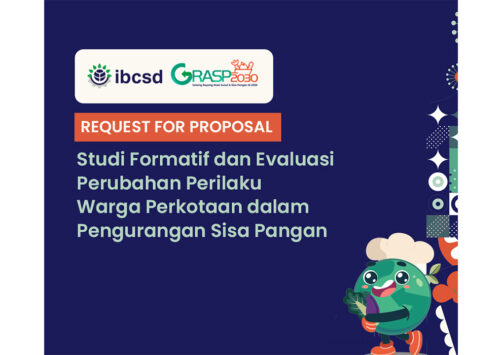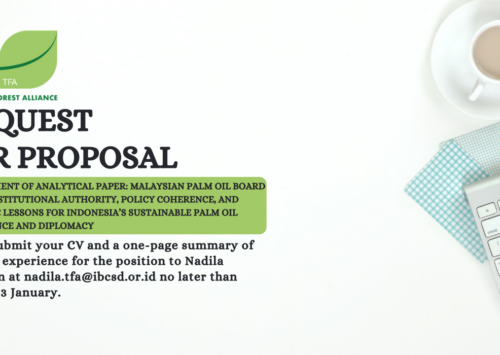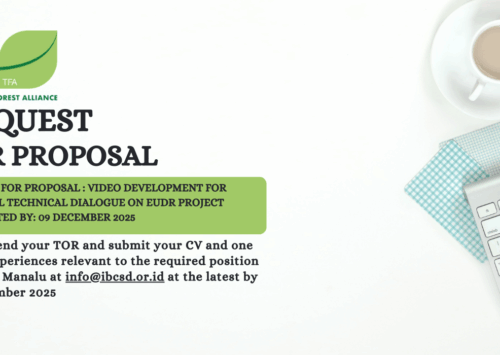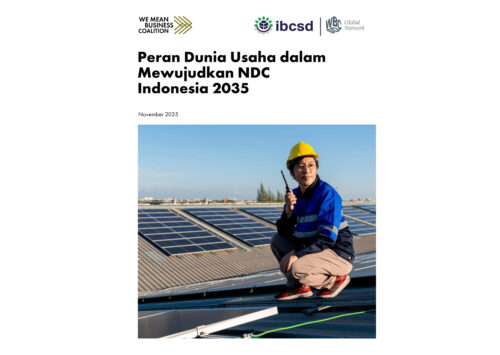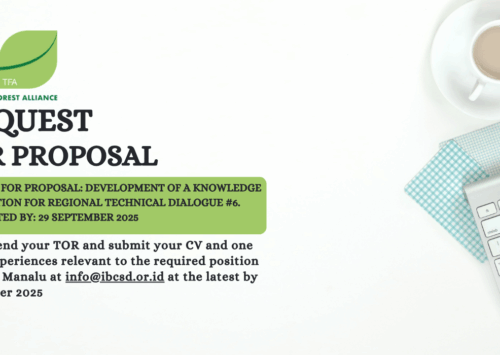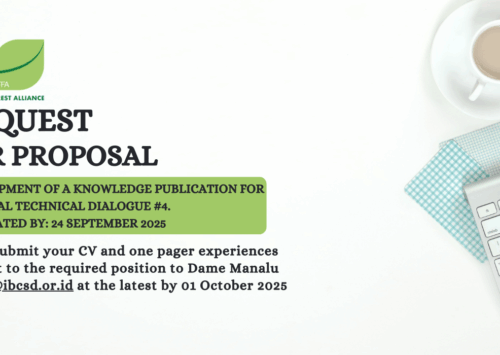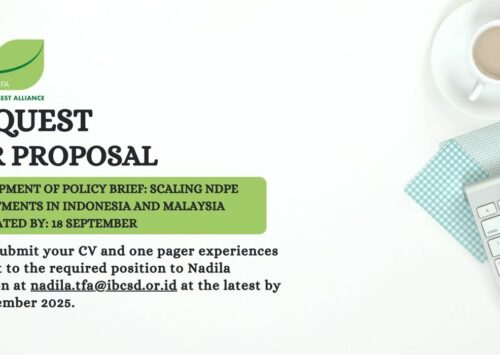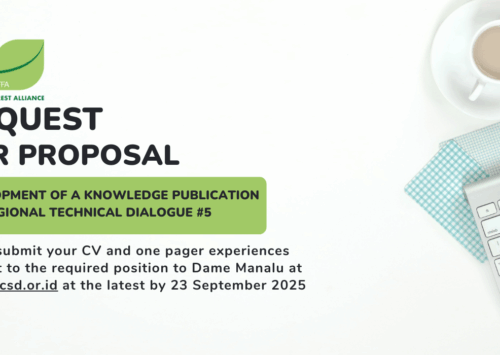Executive Director of IBCSD, Indah Budiani said that the policy has required producers and retailers in Indonesia to be more responsible in managing waste from their products which leads to the implementation of a circular economy.
Like Thailand, Indonesia needs to have positive terminology in that it doesn’t just emphasize responsibility to one party. in solving this problem. The suggestion of the term Extended Stakeholders Responsibility in the previous discussion with consumer goods and brand owners was deemed appropriate. “Through this opportunity, IBCSD would like to facilitate various proposals and solutions such as best practices and what policy feedback can be supported by stakeholders in handling marine debris.”
In a key speech, the Director of Waste Management, Ministry of Environment and Forestry, Sinta Saptarina said that the central government had compiled various regulatory and regional policies as a legal binding effort and formed a PSL TKN Team consisting of 18 ministries. KLHK as the daily coordination center for TKN PSL has made various collaborative efforts, built public awareness, provided infrastructure assistance to local governments, strengthened waste banks and committed producer responsibility and allocated funds to establish international cooperation.
“The circular economy is one of the important approaches to achieve the target of 30% waste reduction in 2025. Through the implementation of PerMen LHK No. 75 of 2019 we encourage 3 principles of industrial waste management, namely R1 restriction, R2 recycling, and R3 waste reuse. This IBCSD dialogue helps one of our strategies to coordinate and build awareness among various parties.” said Sinta.
The Government and Business Dialogue in Handling Marine Debris also invited business, government, academics, researchers, and presented several speakers, namely Murboyudo Joyosuyono, Directorate of Downstream Chemical and Pharmaceutical Industries of the Ministry of Industry; Emenda Sembiring, Associate Professor of Environmental Engineering ITB; Rima Yuliantari, Environmental Sub-Directorate of the Ministry of Home Affairs and Ujang Solihin, Head of Sub-Directorate for Producer Management at the Ministry of Environment and Forestry Waste Reduction Directorate and Iman Santoso, Sustainability Manager for Coca Cola Euro Pacific (CCEP) Indonesia, and moderated by IBCSD Program Manager, Aloysius Wiratmo.
In the discussion, several important points were conveyed where plastic problems arise because the plastic packaging industry is here to support other industries. Meanwhile, the unequal distribution of waste recycling and unfinished management on land has caused waste to pile up in the sea. In line with EPR and the circular economy principle which maintains plastic material with a full life cycle approach, CCEP in his presentation said that currently it has focused on the packaging recycling program to reduce oil based virgin plastic through collaborative waste collection and management with non-government institutions. Meanwhile, to encourage the role of local governments and communities, the Ministry of Home Affairs has directed the increasing role of institutions and budgets in waste management through Permendagri No. 7 of 2021. The Marine and Fisheries Ministry also hopes that there will be a regional regulational that can help handle waste in the sea or waters, not only on land.
Through this dialogue between the government and business, it is hoped that this will be a trigger for all stakeholders to continue the good intentions of building the Indonesian economy that still cares about the environment.
